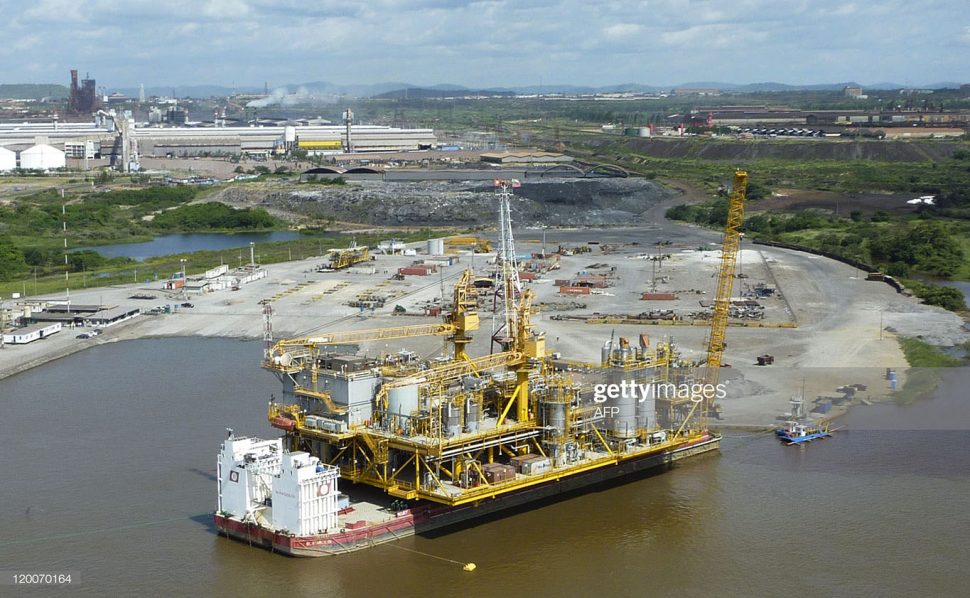As if the crippling sanctions on its oil industry by a United States administration that now has its sights set firmly on bringing down the administration of President Nicholas Maduro in Venezuela were not enough, the recent widespread power shutdowns across large parts of the country have had a crippling effect on many of the country’s oil wells and rigs, slashing its oil output and in effect further compromising the lifeline which its oil earnings represent against the backdrop of the already debilitating oil sanctions imposed on the Maduro administration by the United States. While more recent reports point to the restoration of some semblance of operational normalcy with the country’s oil wells and rigs, oil output reportedly averaged less than 600,000 barrels per day (bpd) during the period of the blackouts.
Last week the oil and gas news site World Oil reported that the power-related slide in oil production dealt a further damaging blow to what it says is “Venezuela’s already-crippled oil industry,” causing it to lose its biggest customer, the United States.
Venezuela’s crude oil output, the report says, has collapsed by around two thirds over the past sixteen years, a calamitous circumstance when account is taken of the fact that oil is now one of the few sources of cash available to the Maduro administration.
The impact of the drastic decline in oil production during the ‘dark days’ was reportedly felt chiefly in the Orinoco basin region in the east of the country where, reportedly, four out of every five barrels of oil produced in Venezuela are pumped. Loss of power in the operations’ heating system reportedly resulted in oil being transformed into a heavy tar-like texture that clogged pipelines and tanks, according to an official of the United Workers Federation of Oil, Gas and Related Derivatives of Venezuela. The report suggests that the cleaning or removing of the clogged pipes which is necessary to restore operational normalcy could take several months.
As a consequence of the damage caused by the blackouts at the Orinoco Belt oil fields, Venezuela’s March output figures are expected to slump markedly. The production slump is being likened to a level similar to Venezuela’s January 2003 reported production to OPEC, which plunged after a workers’ strike against the Hugo Chavez administration.
Having still not recovered fully from the recent power outages, the Orinoco Belt area is reportedly currently producing around 300,000 bpd. The major power demand for oil production in the Orinoco Belt is demanded by the Upgraders, the facilities that convert extra-heavy oil to more commercial blends. The Venezuelan oil sector operates four upgraders.
And as if the dramatic power supply-related slump in oil production does not provide a sufficiently formidable challenge for an already beleaguered Maduro administration, Washington announced last week that it was imposing sanctions on two foreign oil companies for allegedly delivering oil from Venezuela to Cuba. The two companies, the Liberia-based Ballito Bay Shipping Inc. and the Greek company ProPer, which reportedly own and operate the vessel respectively, have been linked to the delivery of oil to Cuba in February and March this year.
Washington’s pressure on Caracas is linked to what seems, increasingly, to be its overt efforts to remove the Maduro administration and to replace it with Juan Guaidó, the man it recognizes as Venezuela’s President. For all the crisis which the Maduro administration faces it has stated just recently that it intends to continue to honour the agreement under which it supplies Cuba with oil.
Significantly reduced oil revenues is just one of several fronts on which the Maduro administration continues to face pressure from western nations in the face of very little support from other nations in the hemisphere, the continual outward movement of Venezuelans fleeing the crisis at home being another of its major headaches.









